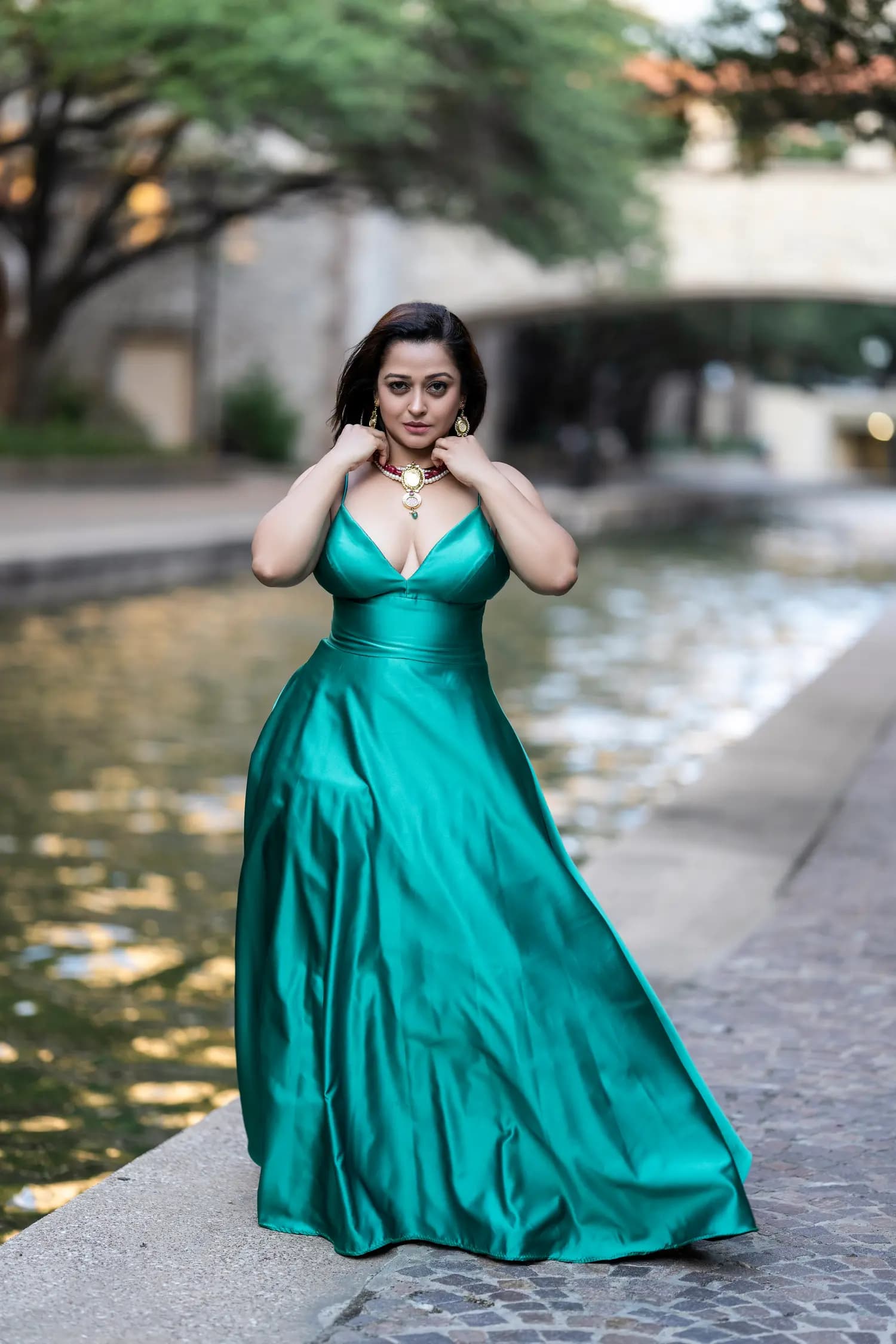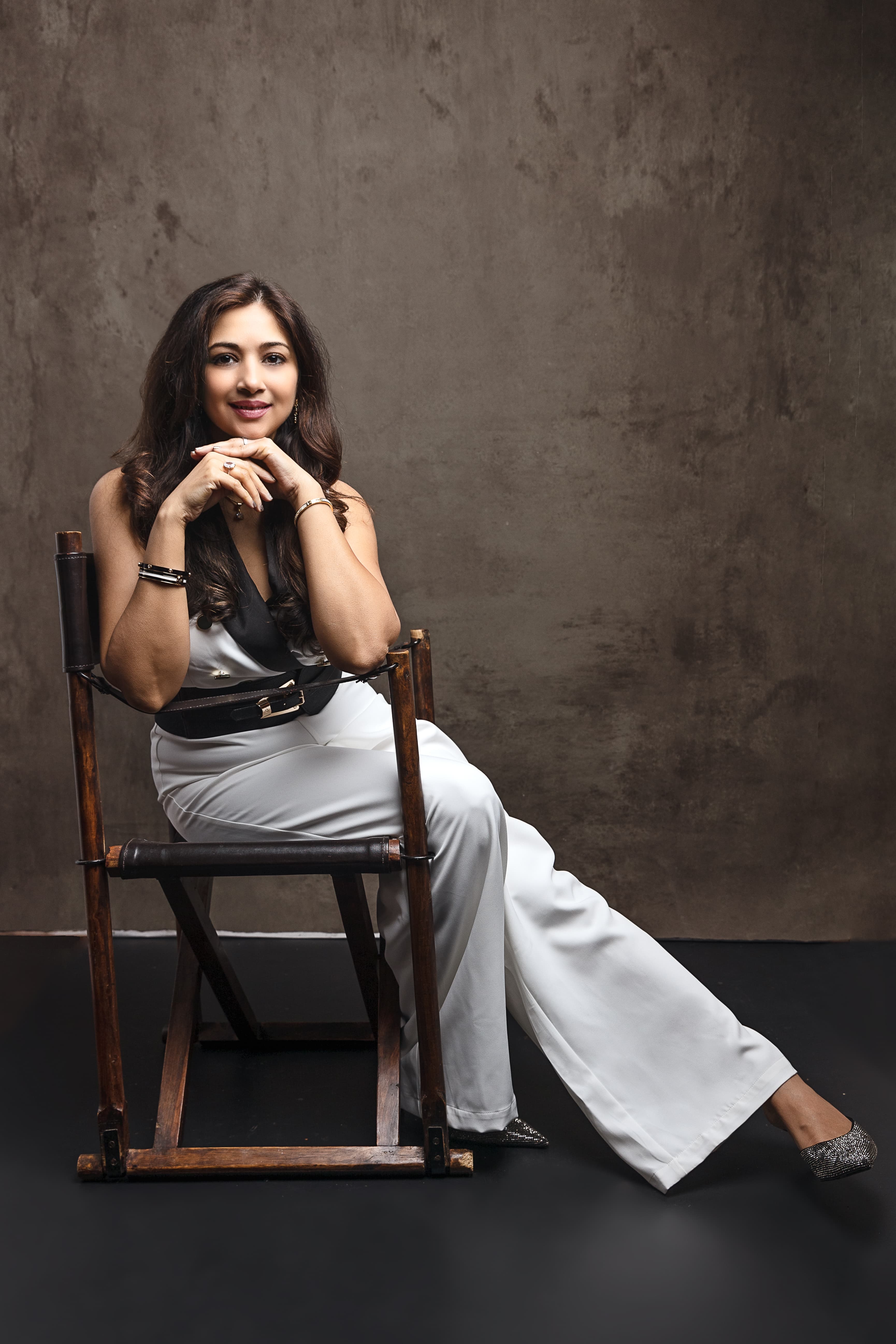
Interview
Exclusive: Gargi Duggal’s Journey from Gujarat to Global Success

Exclusive: Gargi Duggal’s Journey from Gujarat to Global Success

Exclusive: Revolutionizing the Runway: A Candid Conversation with Fashion Maverick Anjali Phougat
Trending Now
Loading blogs...
Loading...